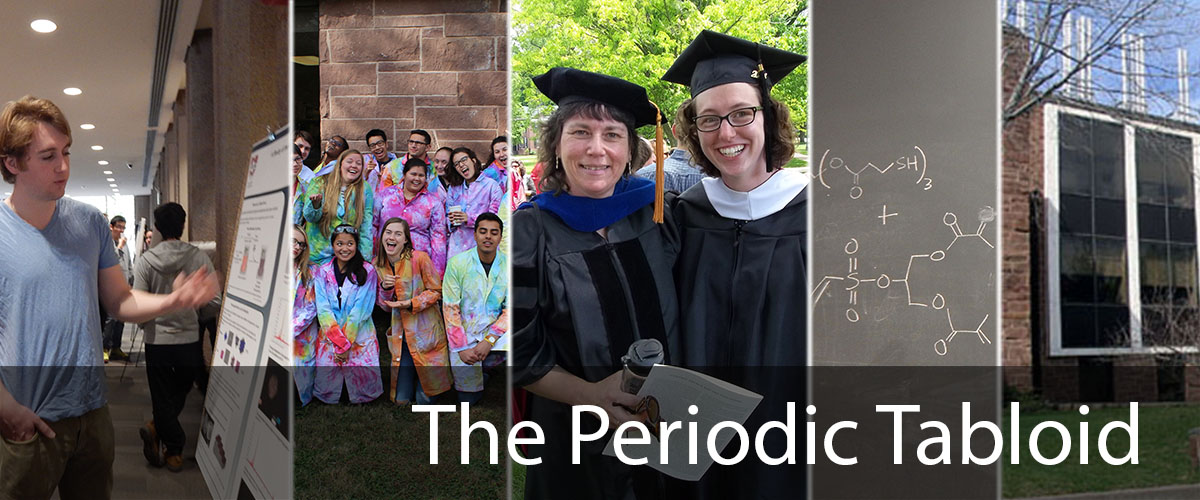Dr. Adediran and co-authors Michael J. Morrison and R.F. Pratt have published a paper in Biochimica et Biophysica Acta (BBA) – Proteins and Proteomics. The title is “Detection of an Enzyme Isomechamism by Means of the Kinetics of Covalent Inhibition.”
Abstract
Turnover of substrates by many enzymes involves free enzyme forms that differ from the stable form of the enzyme in the absence of substrate. These enzyme species, known as isoforms, have, in general, different physical and chemical properties than the native enzymes. They usually occur only in small concentrations under steady state turnover conditions and thus are difficult to detect. We show in this paper that in one particular case of an enzyme (a class C β-lactamase) with specific substrates (cephalosporins) the presence of an enzyme isoform (E′) can be detected by means of its different reactivity than the native enzyme (E) with a class of covalent inhibitors (phosphonate monoesters). Generation of E′ from E arises either directly from substrate turnover or by way of a branched path from an acyl-enzyme intermediate. The relatively slow spontaneous restoration of E from E′ is accelerated by certain small molecules in solution, for example cyclic amines such as imidazole and salts such as sodium chloride. Solvent deuterium kinetic isotope effects and the effect of methanol on cephalosporin turnover showed that for both E and E′, kcat is limited by deacylation of an acyl-enzyme intermediate rather than by enzyme isomerization.
The full text of the paper can be found at: https://www.sciencedirect.com/science/article/abs/pii/S157096392100087X


